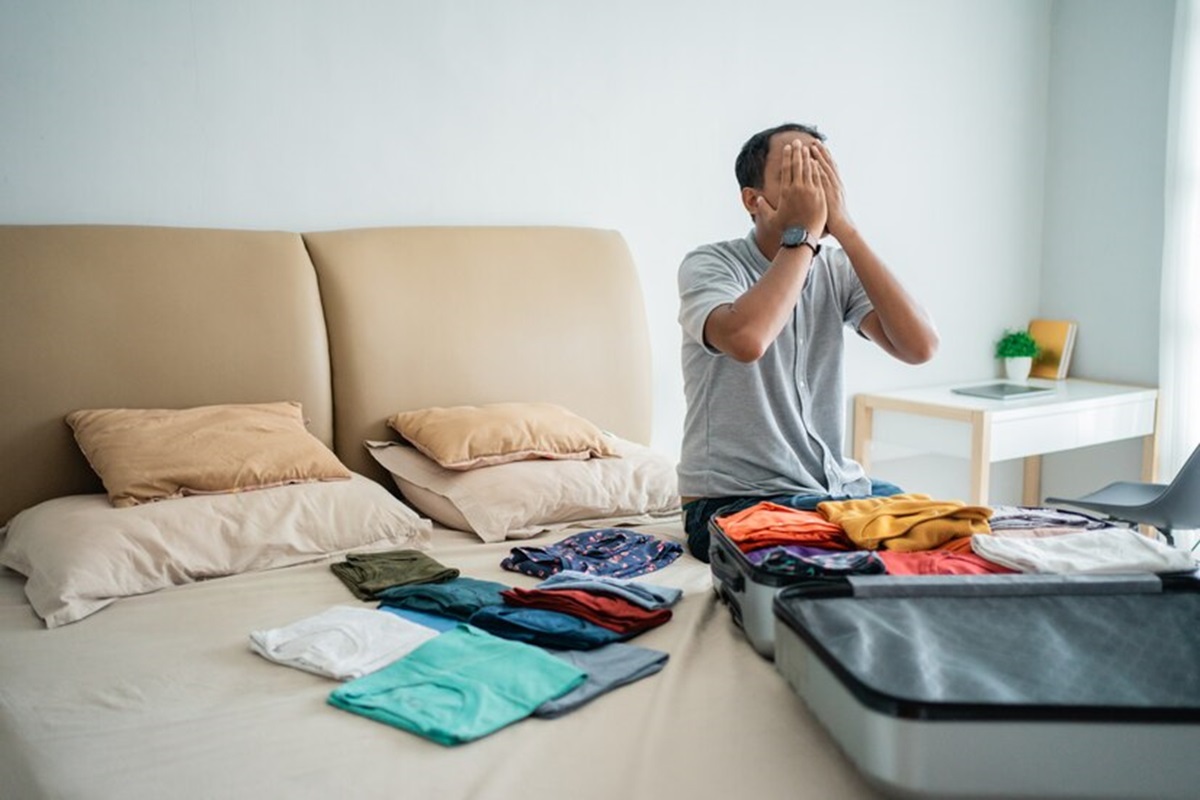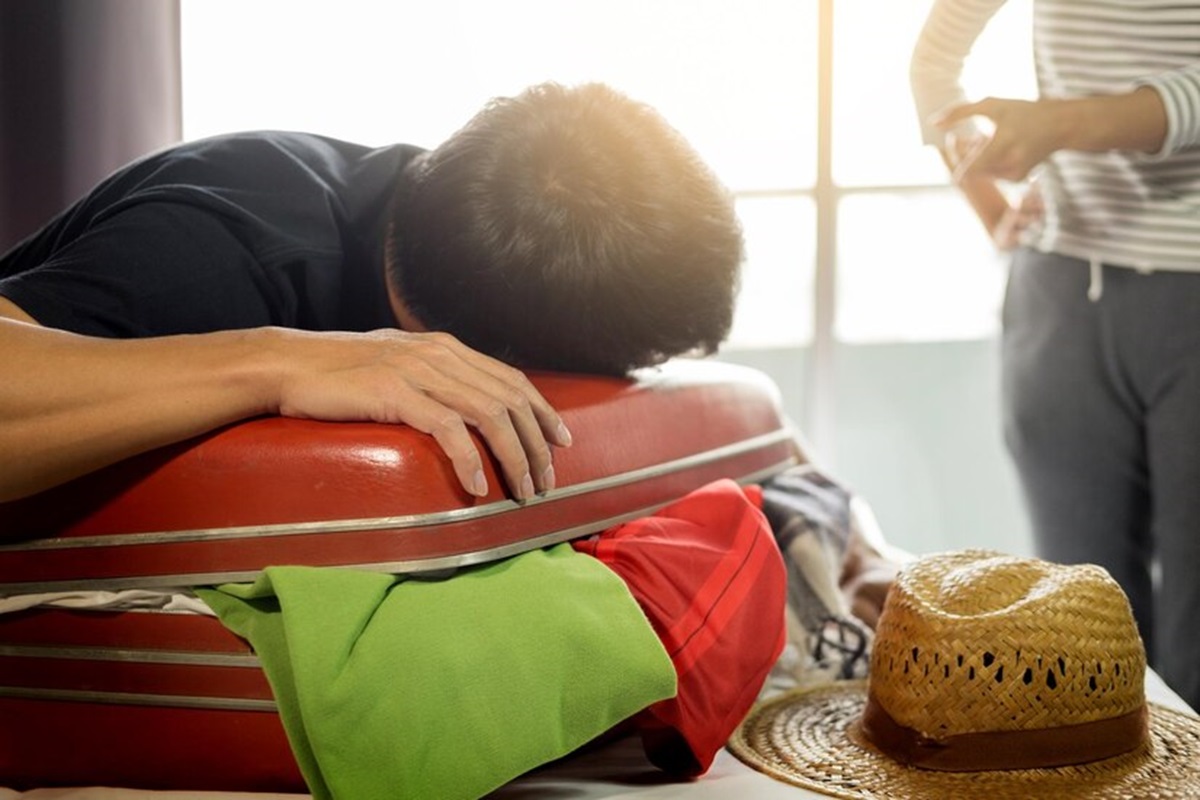
30 Mar What if I Get Food Poisoning While Traveling?
Picture this: you’re exploring a vibrant market in an exotic destination, sampling unfamiliar delicacies and soaking in the vibrant culture around you. According to a study published on PubMed, foodborne illness associated with air travel is uncommon but can have serious implications for passengers and crew. Adventure calls, and your taste buds are ready for the journey. But, a day later, your dream vacation takes an unpleasant turn—you become a victim of food poisoning.
Food poisoning is far from an exceptional event, particularly during travels. It can derail your plans, dampen your spirits, and sometimes even land you in a foreign hospital. So, how do you prevent food poisoning from becoming your unwanted travel companion and what you should do if the worst happens? Let’s dive in!
Understanding the Enemy: What Is Food Poisoning?
Food poisoning, simply put, is an illness that occurs when you eat food or drink water contaminated with harmful bacteria, viruses, parasites, or toxins. These contaminants can wreak havoc on your digestive system, leading to a host of unpleasant symptoms like:
- Nausea and vomiting
- Diarrhea
- Abdominal cramps and pain
- Fever
- Weakness and fatigue
In most cases, food poisoning is relatively mild and resolves itself within a few days. However, some cases can be severe, especially for young children, the elderly, and those with compromised immune systems.

Prevention Is Key: How to Avoid Food Poisoning While Traveling
The good news is that with a bit of caution, you can significantly reduce your risk of falling ill during your travels. Here are some tips to keep in mind:
- Be Vigilant About Street Food: While tempting, street vendors may not always follow the strictest hygiene practices. If you’re unsure, err on the side of caution. Look for stalls with a high turnover of food (indicating freshness) and where the food is thoroughly cooked right in front of you.
- Prioritize Cooked Foods: Opt for meals with well-cooked ingredients, as heat can kill most harmful microbes. Be wary of raw fruits and vegetables unless you’ve washed them yourself with purified water.
- Choose Bottled or Treated Water: Stick to bottled water or treat your own using water purification tablets or a portable filter. Tap water in some places may be unsafe to drink. Even brushing your teeth with tap water can make you sick!
- Practice Good Hygiene: Wash your hands frequently with soap and water, especially before eating and after using the restroom. Carry an alcohol-based hand sanitizer with you for moments when water and soap are scarce.
What to Do If Food Poisoning Strikes
Despite your best efforts, sometimes bad luck simply catches up with you. If food poisoning does strike, the following steps can help you manage the symptoms, recover quickly, and get back to enjoying your trip:
- Stay Hydrated: Diarrhea and vomiting can lead to rapid dehydration, so it’s crucial to replenish your fluids. Drink plenty of clean water, oral rehydration solutions (ORS), or clear broths. Coconut water is also excellent for rehydration and replacing essential electrolytes.
- Eat Bland Foods: Once you can tolerate it, start introducing bland, easy-to-digest foods like bananas, rice, applesauce, and toast (the BRAT diet). Avoid spicy, greasy, or overly processed foods until your digestive system bounces back.
- Get Plenty of Rest: Your body needs time to recover. Listen to your body’s signals and allow yourself ample rest.
- Consider Over-the-Counter Medications: Medications like Pepto-Bismol or Imodium can help manage symptoms like diarrhea and nausea. However, use these with caution and consult a pharmacist or doctor if you’re unsure.
Read Also: What is an Important Place in Spain?
When to Seek Medical Attention
While most cases of food poisoning resolve on their own, some situations warrant a doctor’s visit. Seek medical help if you experience any of the following:
- Severe or persistent symptoms for more than a few days
- Signs of dehydration (extreme thirst, dry mouth, dark urine, dizziness)
- Bloody stools
- High fever
- Pregnancy
- Pre-existing health conditions
Beyond Basic Care: Additional Tips for Managing Food Poisoning Abroad
- Pack Smart: Pack a small first-aid kit with essentials like oral rehydration solutions, over-the-counter medications, hand sanitizer, and a thermometer. A little pre-trip planning can go a long way in minimizing stress if illness strikes.
- Know Your Insurance Coverage: Before you depart, check your travel insurance policy to understand the coverage for medical emergencies abroad. Familiarize yourself with the process for seeking treatment and reimbursement.
- Find a Reputable Doctor: If you need to seek medical attention, ask your hotel concierge or an embassy representative for recommendations on reliable doctors or clinics. They can direct you to English-speaking medical professionals in the area.
- Communicate Effectively: If you don’t speak the local language, be prepared to describe your symptoms clearly. You can try using a translation app or write down key phrases beforehand. Remember to be specific about any allergies you might have.
Don’t Let It Ruin Your Entire Trip
While food poisoning can be a major inconvenience, don’t let it completely ruin your vacation. With proper management and a bit of patience, most people recover quickly. Here are a few things to keep in mind:
- Adjust Your Itinerary: You might have to scale back ambitious plans and take some extra rest days. Focus on gentler activities and shorter excursions while you recuperate.
- Focus on Your Attitude: While it’s understandable to feel frustrated, try to maintain a positive mindset. Being upset and stressed can further hinder your recovery.
- Take It as a Learning Experience: Even if you get food poisoning, consider it a learning experience. You’ll be even more cautious about food and water choices during future travels.
Conclusion
Food poisoning can be a frustrating and unpleasant hiccup on any adventure. But taking preventative measures and knowing how to react if illness strikes can help you stay safe, manage symptoms, and recover quickly. Remember, adequate hydration, rest, and a focus on easy-to-digest foods are your allies in combatting this common travel bug.
Don’t let the fear of food poisoning hold you back from exploring the world and enjoying different culinary delights. Travel smart, practice good food safety, and keep these tips in mind, and you’ll be well-equipped to bounce back from any digestive setbacks your adventures may bring!

